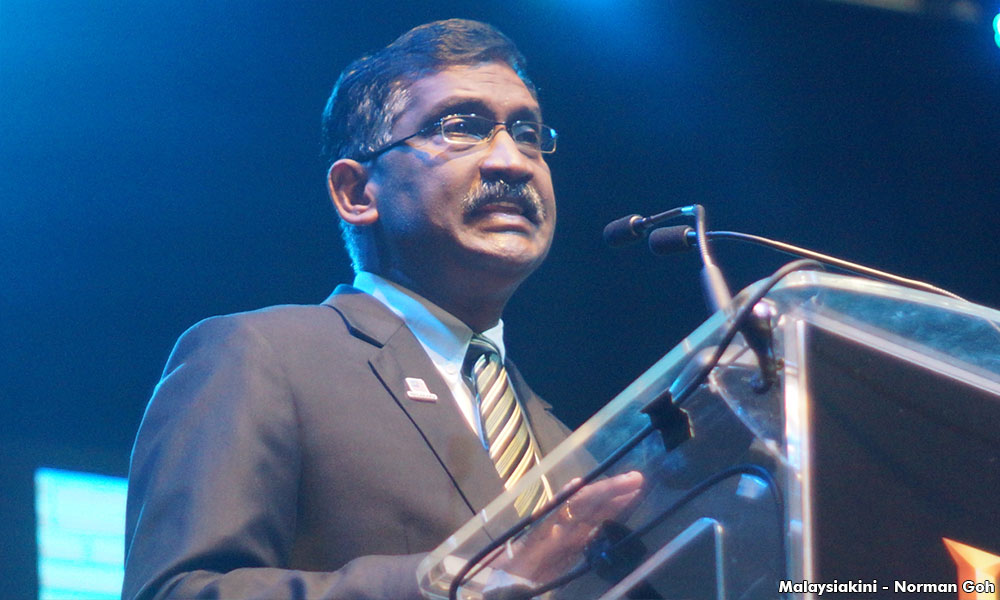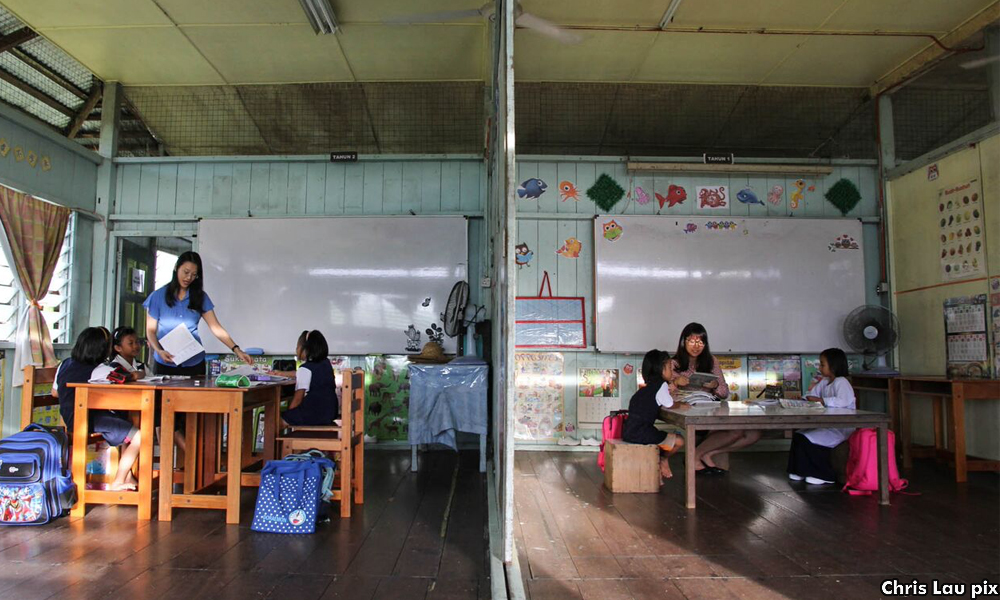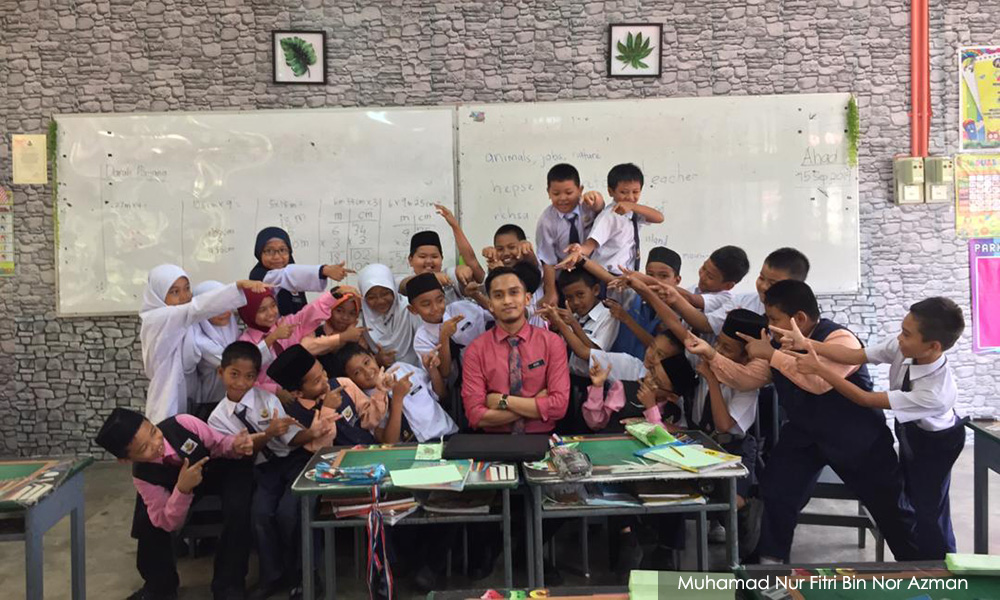LETTER | The Programme for International Student Assessment (Pisa) shows that countries with far below Pisa scores often failed in attracting good quality teachers.
The Pisa rankings in 2012, 2015 and 2018, as well as the analyses provided in the Pisa-related reports, revealed that a higher salary is only one of the factors contributing to a high Pisa ranking. Among other important factors and key elements, are the social status of the teaching profession and the way teachers are treated.
According to statistics, many of our government teachers have opted or are planning for early retirement.
On Nov 24, 2017, former deputy education minister P Kamalanathan (below) told the Dewan Rakyat that 3,591 teachers had opted for early retirement in 2016 (which equates to 0.8 percent of teachers in the country), compared to 2,777 in 2015.
He said factors for early retirement include health problems as well as personal and family issues.

In early March 2018, I designed a questionnaire and collected qualitative and quantitative feedback from 133 public school teachers. Respondents were aged between 26 and 55, from 59 primary and 74 secondary public schools, consisting of all three main ethnic groups (Malay, Chinese and Indian).
In line with the statistics given in 2017, 124 teachers (93.2 percent) mentioned that at least one of their colleagues was (or is) seriously thinking about early retirement. Among them, 29, 38, 24 and 20 respondents respectively said 3-4, 5-6, 6-10 and 10-20 of their colleagues are currently planning for early retirement.
The bone of contention mainly lies in the “unbearable increasing pressure of clerical and administrative workloads” at school, as mentioned by almost all respondents.
In Malaysia, clerical and administrative works have been heavily burdened upon teachers for decades. Knowingly such administrative work is only a minor portion of school teachers’ responsibilities, but treating them like a clerk or administrative staff is just a humiliation to the profession.
In fact, teachers should concentrate most of their time on teaching and learning tasks.

From the perspective of educational improvement, most academics and educators think that paperwork such as SKPMG2, SPSK, Frog VLE, APDM, PBS, Linus etc are either unpractical or unnecessary. They are merely add-ons to teacher’s heavy workload.
Even when the Education Ministry announced that “50 percent beban guru diringankan” (50 percent of teachers' workload has been reduced) as the news reported on Dec 13, a quick check with some teachers from six states (Selangor, Perak, Kedah, Penang, Kelantan and Sarawak) has shown that this “50 percent” figure is exaggerated and untrue.
To date, the overload condition remains the same as many more new clerical works were created replacing some of the abovementioned ones.
Teachers are the pillars of high-standard education of the nation, and hence they should be treated well financially, professionally and socially.
When most of the allotted time is used for preparing unnecessary reports and data entry tasks, rather than preparing quality teaching and learning activities, the job performance of teachers will be compromised. Consequently, "lack of job satisfaction" has become a norm among government school teachers.
If the Education Minister Maszlee Malik recognises that the issue is disastrous and that he wants “teachers to be happy, so that students will be happy”, these unnecessary job duties should be eliminated as soon as possible.

Presenting beautified figures and acting like an ostrich sweeping ugly facts under the carpet will not help to address the issue. There should be no room for hiding these weaknesses so that we can effectively address the issues and improve our education accordingly.
When teachers are treated professionally and fairly, both their quality performance and mental wellbeing will benefit the country's education.
The writer is a senior lecturer with the School of Science of Monash University Malaysia.
The views expressed here are those of the author/contributor and do not necessarily represent the views of Malaysiakini.

